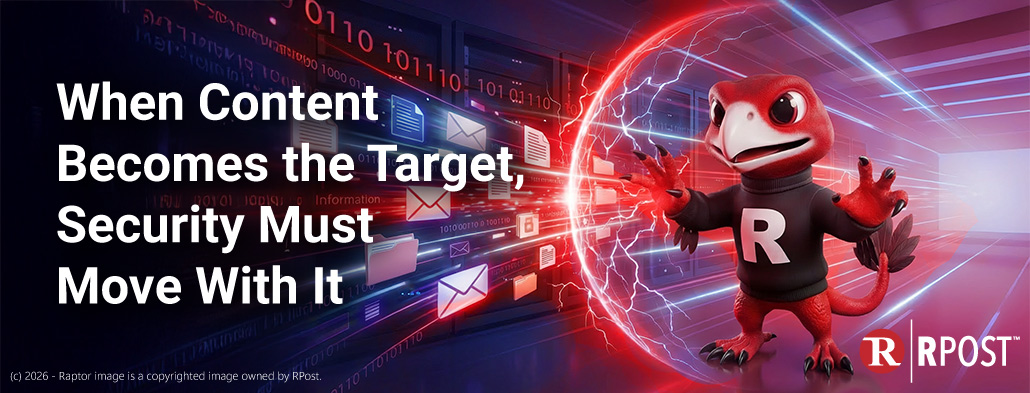
We’ve been living in/with smart homes for many years now. You can use Alexa or Google Home to dim lights, play music throughout your house and reorder milk when the time comes. And this is just the beginning.
Some futurist-types are predicting that homes will one day be able to sense your body temperature and then adjust heat/AC settings accordingly. There could also be increasingly autonomous purchase decisions made by your smart home. Is your cable out? Well, your smart home may be able to set up an appointment with the cable company and text your appointment details while adding it to your iPhone calendar. (Let’s just hope the internet isn’t part of your cable package.) There are also internet-enabled home security systems like Ring, which have doorbell camera devices that can alert you when someone is at your front door and potentially scare away porch pirates.
We’ve also been hearing for years how easy it is to hack smartphone appliances, which often have very lax internal security standards. An entire Silicon Valley episode a few years ago was devoted to the havoc that can be wrought by so easily being able to hack into smart fridges. Now there have been recent reports of an even more low-tech hack that can defeat the convenience and security that smart homes offer: your home’s master power switch.
The blunt reality is that many houses and many more apartment complexes have their master power switches easily accessible by most people on the street. Some are even conveniently labeled for would-be thieves: “Master Power Switch” with easy-to-read on and off stickers. Simply scour Facebook for people in nice parts of town about to go on vacation, show up to their place at night, flip the mater switch to “off”, wait a while for batteries to die and, voila, no Ring cameras to capture images and notify authorities while the home is burgled.
The tragedy is that so many people buy into this notion of internet-enabled security and high-tech conveniences without looking back to see that there are very low-tech, analog methods of rendering these useless. Hackers are great at exploiting simple weaknesses in systems that are overlooked. Look at the recent Russian hack of dozens of US government agencies and thousands of private businesses that were seeded with malicious code piggybacked on popular network management software from a Texas company called SolarWinds. For all that is understood now, this was not the most sophisticated hack ever perpetrated, but it did require extraordinary patience over the course of years.
Looking at the most common loss of money on the Internet, a low-tech and very tricky method of sending impostor email has lured people into thinking their boss, or boss’ boss has asked them to change an invoice payee account, change payroll direct deposit details (read our Tech Essentials article on how email impostor trickiness lures HR staff), or even purchase e-gift cards. Fancy anti-virus or anti-spam software does not prevent this human trickery (RMail anti-whaling can help alert your staff of this type of impostor lure while in progress).
If after reading this you’re now about to throw out your internet routers and move to the woods, I can only offer you this: At least for your email protection, you have a simple all-in-one tool that makes Microsoft better for business – and Gmail, and Outlook, and Salesforce, etc. You need not worry if you use RMail email encryption, which makes it easy to encrypt sensitive email and attachments for security or regulatory compliance. RMail automatically delivers encrypted with the simplest user experience for each recipient and provides manual or automated options for delivery using different levels of encryption or different recipient experiences.
Most users default to RMail dynamic encryption where the message is first attempted to be sent using secure Transmission Encryption, and if the level of security available is not adequate (minimums set by sender), the transmission dynamically reverts to secondary Message Level Encryption. This is all to say that you can rest assured your RMail email encryption goes far beyond basic TLS and link-retrieval systems that some ill-informed people may rely on for encrypting very important email. And we offer this feature-richness at a highly affordable price for you and/or your business. Click to explore the RMail Customer Hub to see it in action (click here) and claim your free service package.
Wishing you all a safe and happy New Year for 2021.
.jpg)
February 13, 2026

February 06, 2026

January 30, 2026

January 23, 2026

January 16, 2026